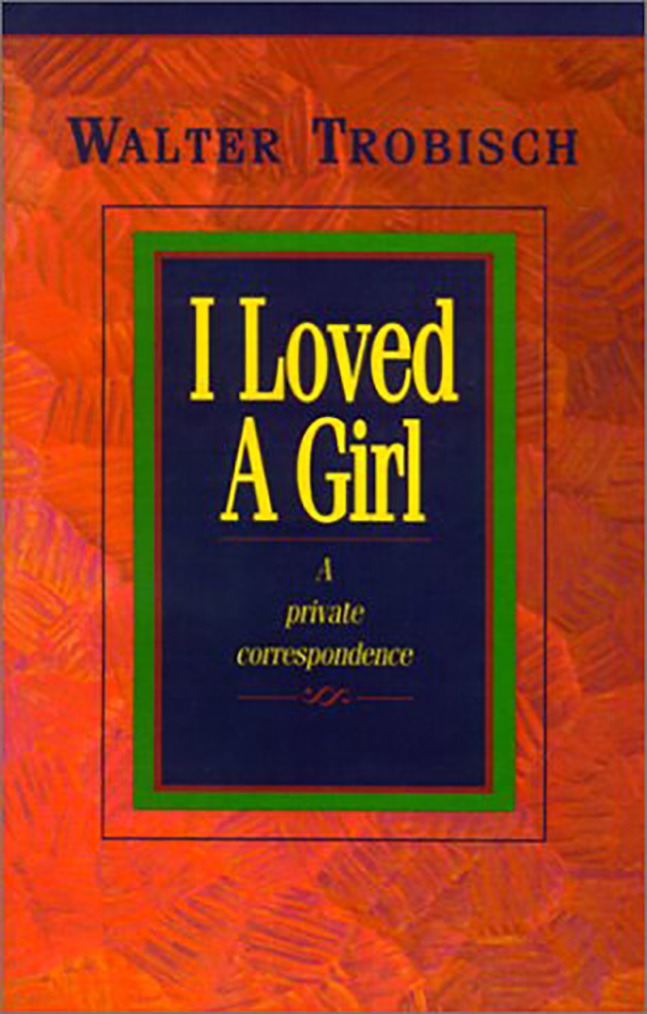I Loved A Girl
By Walter Trobisch
Publishing Information: Quiet Waters Publications, Bolivar, Missouri 2009
BOOK REVIEW
Reviewer: Alexander Ring
Review Date: July 2015
One of the great difficulties the church faces in talking about sex is the pervasive attitude that the only real barriers to sex are age and consent. Thus the only way to sin sexually is to have sex with someone who is unwilling or underage, or to have sex with one person while there is still a commitment to another. Even then, we don’t call it “adultery,” we call it “cheating;” the same word we use for not following a diet or the rules of a game. This leads to another difficulty we face: we always seem to approach sex as a list of “don’ts” rather than as a gift God gives to the married.
[She] wasn’t married…Consequently, she didn’t belong to anyone and I don’t understand who it is I have wronged.
In I Loved a Girl, Pastor Trobisch addresses both these difficulties. The book is a true story, a collection of letters between François, a teacher at a school in Africa, who loses his position as teacher and is put under church discipline when it is discovered he had casual sex with a young woman. Confused by this response he writes to Pastor Trobisch, as he was the missionary who first brought the Gospel to him and baptized him. What has he done wrong? After all he is unmarried, and all he did was love a girl. “[She] wasn’t married…Consequently, she didn’t belong to anyone and I don’t understand who it is I have wronged.”
As they correspond, François asks questions about sex and marriage of Pastor Trobisch, who patiently instructs François in what it means to truly “love a girl,” and how sex is more than a physical act but part of God’s blessing of marriage. The talk of sex in the book is frank and thorough, but never graphic. I gave the book to my 12-year-old daughter to read and have used the book every other year as a devotional in my 7th & 8th grade classrooms. I’ve found it especially useful there, as a common theme in the book is the blessing of marriage and how sex plays a part in that, rather than “Here Is a List of Things Not To Do.”
The book benefits from being a collection of letters, as the question of François and the answers of Pastor Trobisch naturally facilitate discussion. While the book is brief, you would be hard-pressed to find a more thorough exposition on the Sixth Commandment. There is no overt discussion of pornography or homosexuality, yet Pastor Trobisch’s approach – sex being part of the overall blessing of marriage – makes it easy to address those topics as well. The book also benefits from its clear pastoral tone; the law is always clear and unflinching, but you are never in doubt that this is a shepherd seeking a lost sheep, addressing repentance with beautiful, unconditional Gospel. Indeed, the book would be a welcome addition to a Pastoral Counseling or Pastoral Theology class.
In the end I have nothing but praise for this book. It is one I find myself often recommending to parents and parishioners when discussing the topics of sex and marriage, telling them I hope they find it as enjoyable and beneficial as I have.

